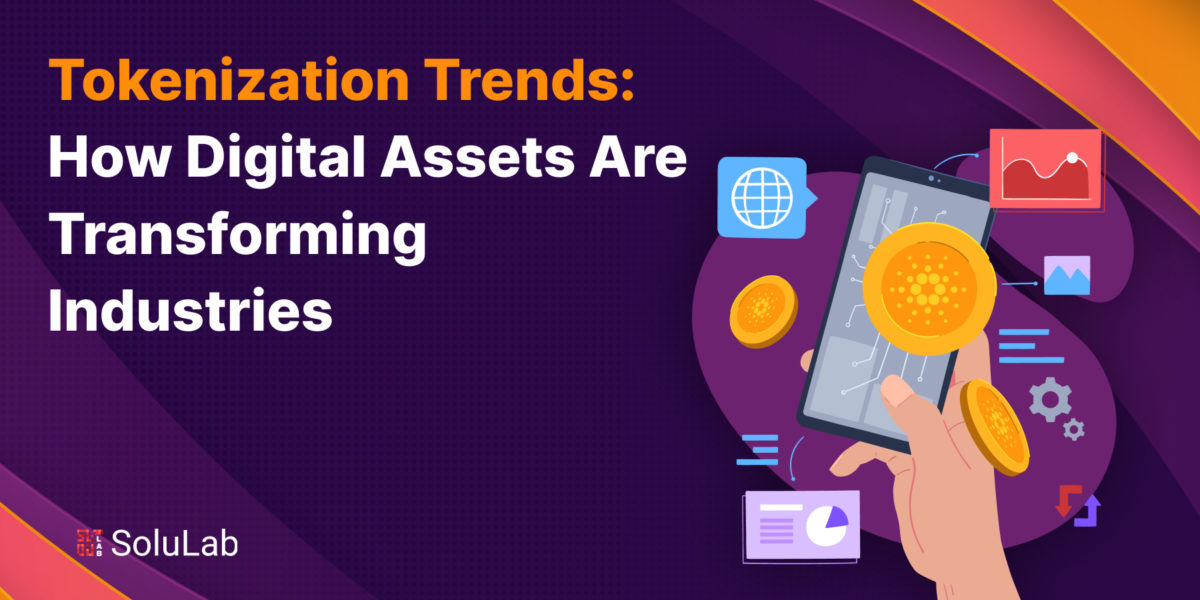Tokenization Enhancing Security in Digital Transactions takes center stage as we explore the transformative power of this technology in safeguarding sensitive information. In a world where digital transactions are the norm, ensuring security has never been more critical. Tokenization replaces sensitive data with unique identifiers, making it nearly impossible for cybercriminals to access the original information. This innovative approach not only enhances safety but also fosters trust among users, thus revolutionizing the way we conduct online transactions.
As online shopping and digital payments become increasingly prevalent, the need for robust security measures is paramount. Tokenization offers an effective solution by minimizing the risks associated with data breaches, fraud, and identity theft. By using tokenization, businesses can protect their customers’ financial information, which is essential for maintaining a positive relationship in the digital marketplace. This overview sets the stage for a deeper understanding of tokenization and its pivotal role in modern financial security.
In today’s fast-paced world, understanding the significance of technology in our daily lives is crucial. The rapid advancement of technology has transformed the way we communicate, work, and even think. From smartphones to artificial intelligence, the integration of technology into every aspect of our lives has made it essential for us to adapt and learn how to leverage these tools effectively.One primary area where technology has had a profound impact is in communication.
Gone are the days when sending a message required days or even weeks. Now, with a simple tap on our smartphones, we can connect with anyone in the world instantly. Social media platforms have also revolutionized the way we share our thoughts, experiences, and ideas, allowing us to engage with a global audience. This has led to a shift in how we perceive relationships, moving from traditional face-to-face interactions to virtual connections, which can be both beneficial and challenging.Moreover, technology has reshaped the workplace.

The advent of remote work, powered by various digital tools, has allowed employees to work from anywhere, enhancing flexibility and work-life balance. However, this shift also brings about unique challenges such as maintaining productivity and managing team dynamics without the physical presence of colleagues. Employers are now investing in technologies that facilitate collaboration, project management, and communication to ensure their teams remain connected and efficient.Another notable impact of technology is on education.
The rise of online learning platforms has made education more accessible than ever before. Students from various backgrounds can access quality educational resources, breaking barriers that once hindered learning. This democratization of education is further supported by technological advancements such as virtual classrooms and interactive learning tools, making education a more engaging and personalized experience.In addition to communication, workplace evolution, and education, technology has significantly influenced our health and wellness.
Wearable devices, such as fitness trackers, have enabled individuals to monitor their health metrics closely. These tools empower people to take control of their health by encouraging regular exercise, balanced nutrition, and adequate sleep. Moreover, telemedicine has emerged as a valuable resource for accessing healthcare services, particularly in remote areas where traditional medical facilities may not be readily available.However, as we embrace the benefits of technology, it is essential to acknowledge the accompanying challenges.
One major concern is the impact of technology on our mental health. The constant exposure to screens and social media can lead to feelings of anxiety, loneliness, and depression. It is crucial to establish a healthy relationship with technology, setting boundaries and ensuring that we engage in offline activities that promote well-being and connection with the people around us.Cybersecurity is another critical issue that has emerged with technological advancements.
As our lives become increasingly digital, the risk of data breaches and cyber-attacks grows. It is essential for individuals and organizations to prioritize cybersecurity measures to protect sensitive information. This includes adopting strong passwords, utilizing two-factor authentication, and remaining vigilant against phishing attempts.As we look to the future, the role of technology will continue to evolve. Emerging technologies such as artificial intelligence (AI), machine learning, and the Internet of Things (IoT) are poised to further transform our lives.
AI has the potential to revolutionize industries by automating routine tasks, allowing humans to focus on more strategic and creative endeavors. However, with these advancements come ethical considerations regarding privacy, employment, and the societal impact of automation.In conclusion, technology plays an integral role in shaping our lives today. It has enhanced communication, transformed workplaces, democratized education, and improved health and wellness.
Yet, it also presents challenges that require us to be mindful of our usage and approach. By embracing technology’s benefits while being aware of its drawbacks, we can navigate this ever-evolving landscape effectively. As we move forward, staying informed, adaptable, and conscious of our technology interactions will be crucial in ensuring a balanced and fulfilling life in this digital age.




